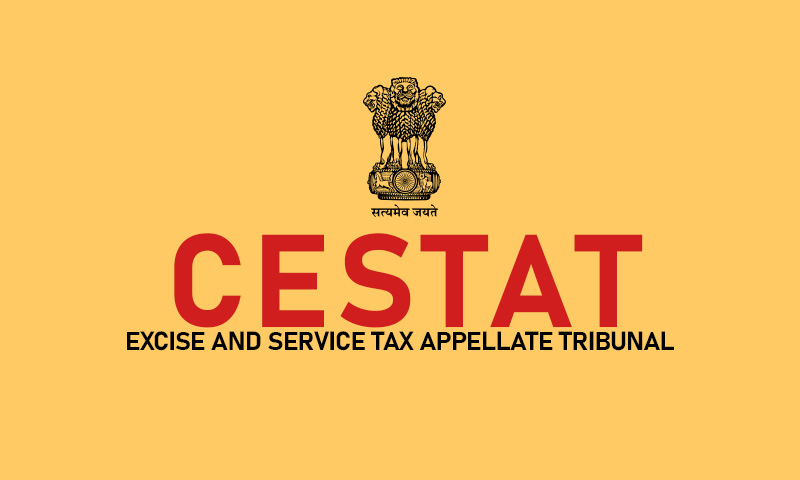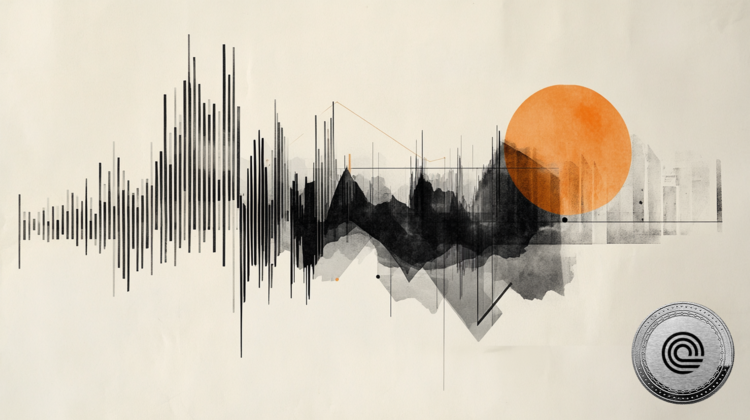CESTAT Ruling: Tax Demand Under Section 73A Invalid Without Proof of Service Tax Collection

New Delhi: In a significant ruling that could impact numerous businesses, the New Delhi Bench of the Customs, Excise, and Service Tax Appellate Tribunal (CESTAT) has declared that tax demands raised under Section 73A of the Finance Act are unsustainable if there's no evidence demonstrating the collection of service tax.
Understanding Section 73A & Its Implications
Section 73A of the Finance Act deals with the recovery of tax, interest, and penalties from third parties when the original taxpayer fails to pay. It essentially allows tax authorities to pursue those who have made payments to the defaulting taxpayer, like suppliers or contractors, to recover the outstanding dues. This provision was introduced to strengthen the government's ability to collect taxes and address cases of tax evasion.
The CESTAT's Decision: A Crucial Clarification
The CESTAT's ruling provides a vital clarification on the application of Section 73A. The Tribunal held that the authorities cannot simply issue demands based on the assumption that service tax was collected. They must provide concrete proof – documentation, records, or other evidence – to establish that service tax was indeed collected from the third party.
Why This Ruling Matters
This decision is particularly important for businesses that have received notices under Section 73A. It provides a strong legal basis for challenging these demands if the tax authorities fail to provide adequate proof of service tax collection. The ruling safeguards businesses from unfair tax assessments and protects them from being held liable for taxes that were never actually collected.
Impact on Tax Administration
The CESTAT's decision also has implications for tax administration. It underscores the need for tax authorities to be more diligent in documenting and proving the collection of service tax before initiating recovery proceedings under Section 73A. This ruling will likely prompt a review of existing procedures and a greater emphasis on evidence-based assessments.
Legal Experts Weigh In
Tax experts believe this ruling will be widely cited in future cases involving Section 73A. It reinforces the principle of natural justice and ensures that businesses are not subjected to arbitrary tax demands. The CESTAT's interpretation provides a much-needed balance between the government's right to collect taxes and the rights of taxpayers.
Looking Ahead
This CESTAT ruling serves as a reminder to businesses to carefully review any notices received under Section 73A and to challenge them if the tax authorities fail to provide sufficient evidence of service tax collection. The legal landscape surrounding tax recovery is constantly evolving, and this decision represents a significant development that will shape future tax litigation.
Disclaimer: This article is for informational purposes only and should not be considered as legal advice. Consult with a qualified tax professional for advice tailored to your specific situation.






